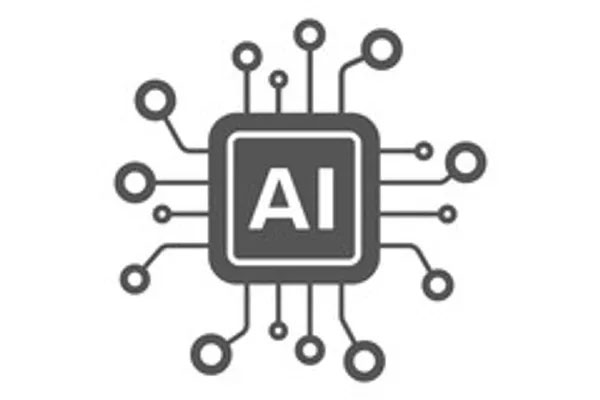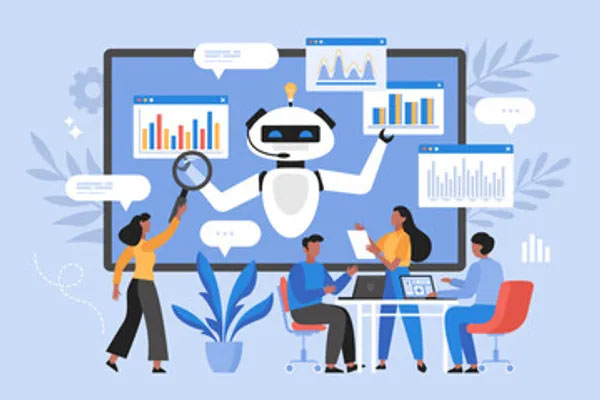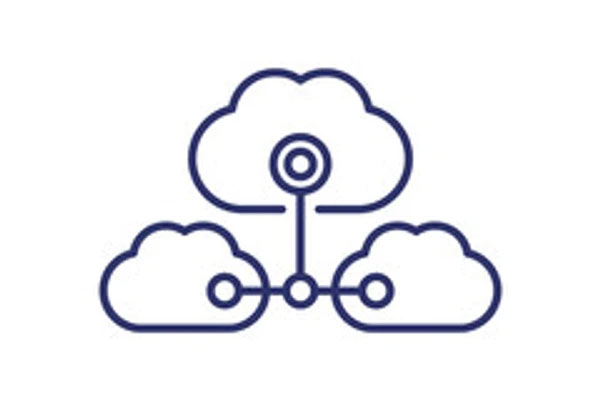Why is Artificial Intelligence (AI) necessary for a competitive edge in HR (Human Resources) for a competitive edge?
Every organization, big or small, requires an efficient HR function to operate successfully. The proliferation of artificial intelligence (AI) is transforming industries worldwide, and HR and talent acquisition are no exception. The HR business function is critical for every organization to compete locally and globally. The visions of an AI-augmented future are sparking spirited debates across departments and teams, fostering hope and caution about the potential and pitfalls of this emerging technology.
Recent progress in artificial intelligence (AI) technology has remade the human resources (HR) department, enabling HR professionals to leverage machine learning and algorithms to streamline their work processes, reduce their biases, and enhance their analysis and decision-making. However, current limitations and vulnerabilities have given some organizations pause when adopting AI for additional use cases.
Besides the concerns, the benefits outweigh the benefits, and it is evident in the survey done in Eightfold AI’s report, The Future of Work: Intelligent by Design; the majority of the 250 HR leaders surveyed said they are already using AI across HR functions. Top functions in HR include:
HR Functions – Adaption
Employee Records Management 78%
Payroll Processing & Benefits Administration 77%
Recruitment & Hiring 73%
Performance Management 72%
Onboarding New Employees 69%
Regarding future use, 92% of HR leaders intend to increase their AI use in at least one area of HR in the next twelve to eighteen months. The top five functions include:
HR Functions – Intended Adaption Increase
Performance Management 43%
Payroll Processing & Benefits Administration 42%
Recruitment & Hiring 41%
Onboarding New Employees 40%
Employee Records Management 39%
That aligns with other research that suggests AI’s usage in HR is expected to grow in the coming years. IDC’s Future of Work 2022 research predicted that 60 percent of global 2000 businesses will deploy AI and machine learning (ML) tools to support the entire employee life cycle experience this year.
Artificial Intelligence (AI) can potentially revolutionize Human Resources (HR) management. Following are some practical ways AI is enhancing HR processes:
Recruiting:
• AI analyzes resumes and matches them with job descriptions, streamlining talent acquisition. Tools like Workable automate screening, saving time and resources.
Performance Reviews:
• AI assists in evaluating employee performance by analyzing data and providing insights. It helps HR professionals make informed decisions during performance assessments.
Employee Onboarding/Offboarding Processes:
• AI streamlines administrative tasks related to new hires and departures. Automating paperwork and compliance ensures a smoother process.
Employee Engagement Initiatives:
• AI tools analyze behavior, feedback, and sentiment to identify trends and enhance engagement. Personalized recommendations improve employee satisfaction.
Talent Development and Training:
• AI creates personalized learning experiences based on individual needs. It identifies skill gaps and recommends relevant training programs.
Workforce Planning:
• Predictive analytics and machine learning help HR anticipate future needs. Optimize staffing levels, succession planning, and skill development.
HR Chatbots and Virtual Assistants:
• AI-powered chatbots handle routine inquiries, freeing up HR professionals for strategic tasks. They provide instant support and answers to common queries.
AI is reshaping HR practices, improving efficiency, and enabling data-driven decision-making. From automating routine tasks to delivering data-rich insights for more objective decision-making, AI continues to enhance how companies attract, develop, and retain talent, the most essential element of their success formula. However, HR professionals must realize that AI shouldn’t replace the human touch in HR. Companies should be able to strike a balance between technology and human involvement to gain the most significant benefits. Early data shows that AI-powered tools can drastically improve efficiency, reduce costs, and provide valuable information to HR departments of any size organization.





